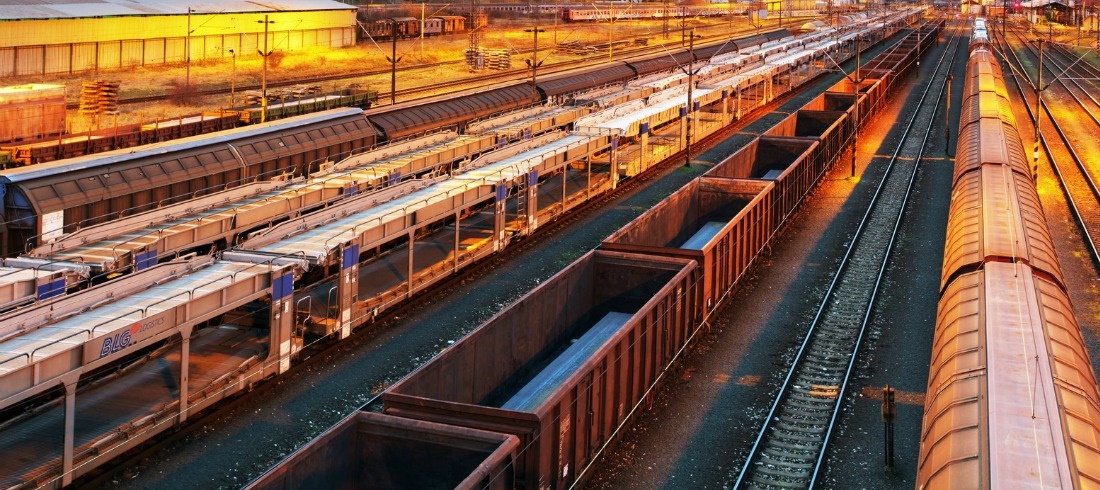
Private infrastructure investment expected to rise 63% in Brazil
Nov, 27, 2024 Posted by Gabriel MalheirosWeek 202445
Private investments in infrastructure are projected to total R$372.3 billion over the next five years (2025–2029), according to estimates by the Brazilian Association of Infrastructure and Basic Industries (ABDIB). This figure represents a 63.4% increase compared to last year’s projection for the 2024–2028 cycle, reflecting the expansion of concessions in the country. The data comes from the association’s annual publication, the Blue Book on Infrastructure.
The estimate includes investments already contracted or in advanced stages of negotiation in transportation, sanitation, and social infrastructure. It accounts for concessions tendered since 2020 and projects with published notices, covering only projected five-year values rather than the total contract amounts.
The analysis includes projects such as highway auctions scheduled for this year and concessions involving Cedae (Rio de Janeiro’s State Water and Sewage Company).
A key factor inflating the annual comparison was the privatization of Sabesp in July, which added R$66 billion to the projection. Before privatization, the state-owned sanitation company’s investment plan was excluded from calculations. Excluding the Sabesp effect, contracted private investments through 2029 would still amount to R$305.9 billion, a 34.3% increase over last year’s projection.
“We’ve seen significant progress, and the trend is for project contracting to continue growing,” said Roberto Guimarães, ABDIB’s director of planning and economics. “Next year’s projections should accelerate as new investments in railroads are included, along with numerous sanitation and highway auctions.”
ABDIB identified 495 projects in the study, representing a potential investment of R$750.5 billion. Highways lead the forecast with R$288.6 billion in potential works, followed by railroads (R$168.9 billion), urban mobility (R$115.6 billion), and sanitation (R$112 billion). “Many of these projects will become contracted investments over the next three years,” Mr. Guimarães said.
The highway sector is experiencing a wave of tenders expected to continue in 2025. “The growth in sector investments reflects years of accumulated learning. Today’s bid documents are much better aligned with risk-return relationships and have more balanced risk matrices,” he added.
In railroads, key investments for next year include the early renewal of FCA (Ferrovia Centro Atlântica) concessions, currently in public consultation, and the renegotiation of addenda for Vale and MRS, which are expected to incorporate new values.
In sanitation, numerous auctions are anticipated for next year. Mr. Guimarães highlighted concessions being developed by the Brazilian Development Bank (BNDES) in Pará, Pernambuco, Rondônia, and Goiás.
Despite optimism, ABDIB pointed to challenges, including budget cuts for regulatory agencies. “The largest budget reductions are affecting ANEEL [Brazilian Electric Energy Agency] and ANTT [Brazilian Land Transport Agency]. It’s contradictory; there’s a flood of concessions to expand investments, yet the government cuts agency resources, leaves leadership gaps, and increases workloads,” said ABDIB President Venilton Tadini.
The growing number of concessions will pressure federal and state agencies, said Fernando Marcato, a professor at FGV Law. “There will be a lot of contracts. Economic and financial rebalancing issues are bound to arise—are states prepared? ANTT itself will face challenges. Its technical staff is excellent, but the volume will be overwhelming.”
Transportation Minister Renan Filho expressed confidence in infrastructure regulation’s ability to attract investments. “Our regulatory agencies are internationally recognized, with technical expertise and capacity to produce more,” he said.
He noted that lower interest rates could help stimulate new projects. “The macroeconomic environment could be a boost, especially if fiscal conditions allow, with a stronger real and lower interest rates further aiding auctions,” he said.
For analysts, environmental licensing remains a major hurdle. “IBAMA [Brazil’s Institute of Environment and Renewable Natural Resources] urgently needs to strengthen its workforce,” Mr. Tadini of ABDIB said.
Natália Marcassa, president of Moveinfra—a consortium of major infrastructure companies—identified licensing delays as the biggest current concern. “There was an IBAMA strike, which caused a huge backlog. This had a major impact and was the main bottleneck this year,” she said.
Looking ahead, she emphasized the need to diversify infrastructure segments. “The market is active in sanitation and highways, but little has been done recently in railroads, port leases, and airports. The opportunity lies in bringing more sectors into play,” she added.
Another obstacle will be ensuring concessions are viable in areas with insufficient demand, Mr. Marcato said. “Governments are auctioning the ‘prime cuts.’ But soon, there will be fewer profitable projects. The trend will be contracts requiring public subsidies.”
The growth of private projects is considered crucial to increasing infrastructure investment in Brazil, which remains below necessary levels. According to ABDIB, total infrastructure investment in 2024 is expected to reach R$259.3 billion, a 15.3% annual increase. Although public contributions have grown, the private sector accounts for 76% of investments, marking a record this year.
“The private sector’s role is vital as it ensures investment in profitable areas, allowing the public sector to focus more resources on less profitable regions,” said Transporter Minister Renan Filho.
ABDIB’s publication will be released during a virtual event on Thursday (28) and Friday (29).
Source: Valor International
-
Other Cargo
Jun, 20, 2024
0
Paranagua Container Terminal Completes Unprecedented Operation with Agricultural Machine Weighing 50 Tons
-
Ports and Terminals
Dec, 20, 2021
0
Port of Itapoá is the first to be given permission to find a destination for seized cargo
-
Datamar EN
Aug, 05, 2019
0
Datamar publishes Chile’s second month data
-
Shipping
Nov, 07, 2021
0
Terminal puts waterways and ministry in conflict



